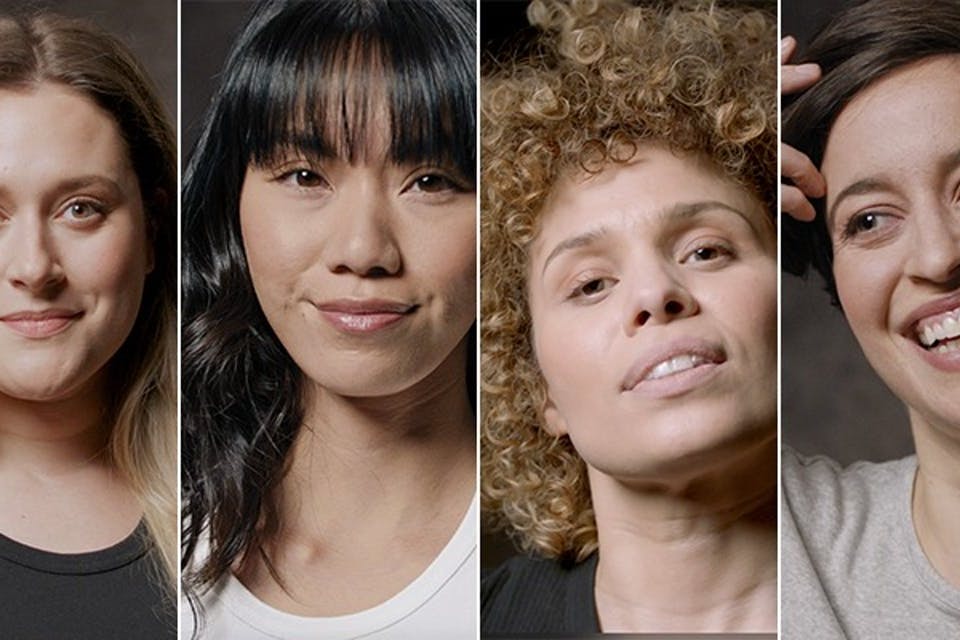Women are truly the strongest beings on earth. Friend, mom, CEO, partner, teacher, caretaker, problem-solver, survivor… we wear all of these hats and more — often simultaneously.
Our lives are a practice in fearlessness, resilience, and tireless dedication. But when we notice changes in our hair, it feels like the rug is being pulled out from under us. Women’s hair thinning is a taboo topic shrouded in stigma — even though 40% of us experience it by age 40.
“I personally like to speak about hair thinning more boldly and just shout it from the rooftops, because we should be able to talk about it,” says Nutrafol co-founder Dr. Sophia Kogan, MD. “Why can men talk about it and we can’t?” The answer, Dr. Kogan knows, is we can. The power to break the stigma and take control is ours.
It starts with strong women sharing their hair stories, fearlessly and candidly, to remind other strong women that they are not alone and that there is hope.
Read on to learn why the stigma around women’s hair thinning persists, and to meet a few of the 40% who are shattering it.



